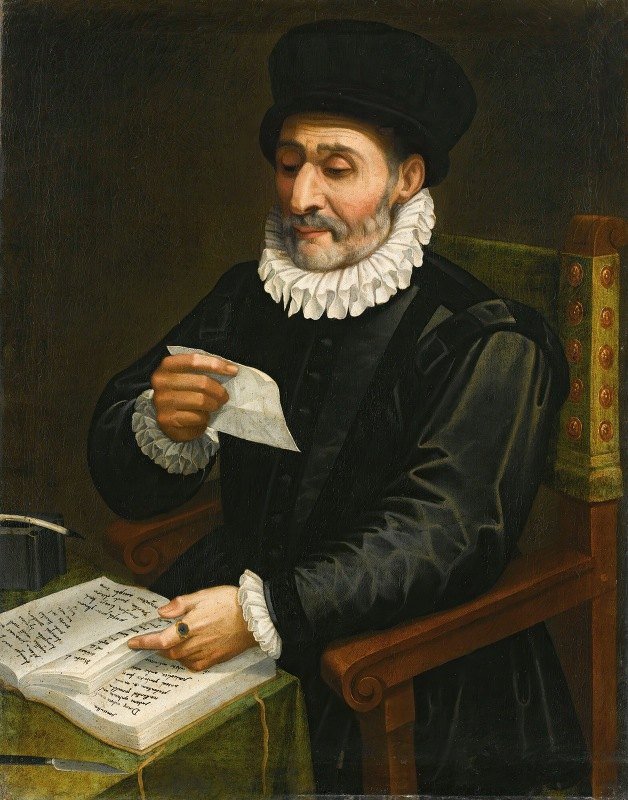“We have been fighting on this planet for ten thousand years; it would be idiotic and unethical to not take advantage of such accumulated experiences. If you haven’t read hundreds of books, you are functionally illiterate, and you will be incompetent, because your personal experiences alone aren’t broad enough to sustain you. Any commander who claims he is “too busy to read” is going to fill body bags with his troops as he learns the hard way.”
– Marine Corps. General James Mattis, “Call Sign Chaos”
A retired Marine Corps general and former Secretary of Defense, General Mattis is a famously avid reader. His personal library stands at over 7000 books and Mattis’ own book contains dozens of references to a wide range of titles. I was pleased to discover he is also a fan of the Stoics. Today we’ll take a closer look at this quote, one of the most in his book.
We are all leaders.
While he obviously speaks from a background in military leadership, his ideas on reading aren’t limited to military command. His book is written for a lay audience and addressed to leaders. We all have leadership roles. Our families, businesses, teams, and communities are all composed of people who look to us for guidance and wisdom. Our daily decisions may not literally mean life or death for our sphere of influence, but we can certainly bring harm or shelter to them with our choices. We can solve or create problems for others and ourselves, based on our decisions. Reading is how great leaders inform their decisions.
Leaders must be readers.
As Mattis points out, it’s silly to assume our meager personal experience will enable us to navigate every situation we face in life. We must learn about other’s experiences and how they solved problems we may face. We must commit to reading widely, or as author Austin Kleon encourages us, reading promiscuously. Dig into hundreds of books, written at different times, by people just like you and totally unlike you. Read about war and military strategy, explore philosophy, learn about managing one’s thoughts and emotions and thinking deeply; be amazed by science and physics; dive into biographies on leaders and people who lived well. Reading expands our understanding from the tiny speck of our own experience to a patchwork quilt, touching on a wide array of perspectives, potential solutions, and strategies.
Tolstoy was exasperated by those who didn’t read deeply or consistently. He wrote, “I cannot understand how some people can live without communicating with the wisest people who ever lived on earth.” We possess unfettered access to the greatest minds humanity has produced. Today, we can debate what makes a civilization great with Socrates, or explore mathematical theorems with Isaac Newton; get inside Napoleon’s mind as he goes to war, argue the merits of post-modern philosophy with Sartre, or contemplate the very act of reading with Harold Bloom. We could spend entire lifetimes deeply studying minute or expansive topics. We have all of human history at our fingertips, literally waiting to be accessed at a moment’s notice. We have our choice of what to read, who to admire, and with whom to agree or disagree, yet so many squander the opportunity.
The internet is the greatest innovation of mankind and leaves us all without excuse. Most people carry access to this wealth of knowledge in their pockets. Libraries make books and study materials available to anyone and everyone. The problem is not access, but our willingness. Tolstoy and Mattis both speak to the real issue here – not the ability to live without reading, but the willingness to live in ignorance. We must stir up our own curiosity and choose to never sit back satisfied to know “enough.”
Reading provides an operating system for life.
The final part of Mattis’ quote is also superb; no one is too busy to learn how to make wise decisions. Later in the book, Mattis describes how his reading has prepared him for every situation he has faced. “Thanks to my reading,” he writes, “I have never been caught flat-footed by any situation, never at a loss for how any problem has been addressed before. It doesn’t give me all the answers, but it lights what is often a dark path ahead.” Reading will not always completely solve every problem, but it can offer a guide to better outcomes.
Functional literacy is many-layered and requires consistency. It’s learning to develop patience; approaching life with a strategy; the ability to identify and choose long term values over short term excitement; having a vision, understanding how history has shaped the society in which you now live. It’s seeing opportunities hidden from the functionally illiterate. It’s understanding how to be a responsible citizen of your city, state, nation, and globe. It’s being able to seek out sources of wisdom when you want or need to hear from them. If you’re not reading deeply and widely, you are preventing yourself from growing in these areas. You’re holding yourself back from potential breakthroughs and successes. You won’t know how to navigate life, relationships, conflict, and obstacles when the situation arises.
The most important thing to remember about Mattis’ quote is that he isn’t referencing books he was assigned to read; he’s referring to the education he gave himself on his own time. Taking responsibility for our own education is how we fight functional illiteracy. Reading is how we sharpen our thoughts against the thoughts of great men and women, like iron sharpening iron. It’s the consistent and persistent pursuit of going to bed a little smarter than you woke up. It’s stepping up to the challenge of learning something new everyday, and not taking that truism as a given. It’s making time to learn and reflect. To be functionally illiterate is to be unable to live well. What could be more worthy of our time?
Image: “Portrait Of A Man, Seated At A Table With An Open Book, Reading A Letter”. Trotti, Giovanni Battista. Italian.





One thought on “Who Has Time to Read? General Mattis on “Functional Literacy””
Comments are closed.